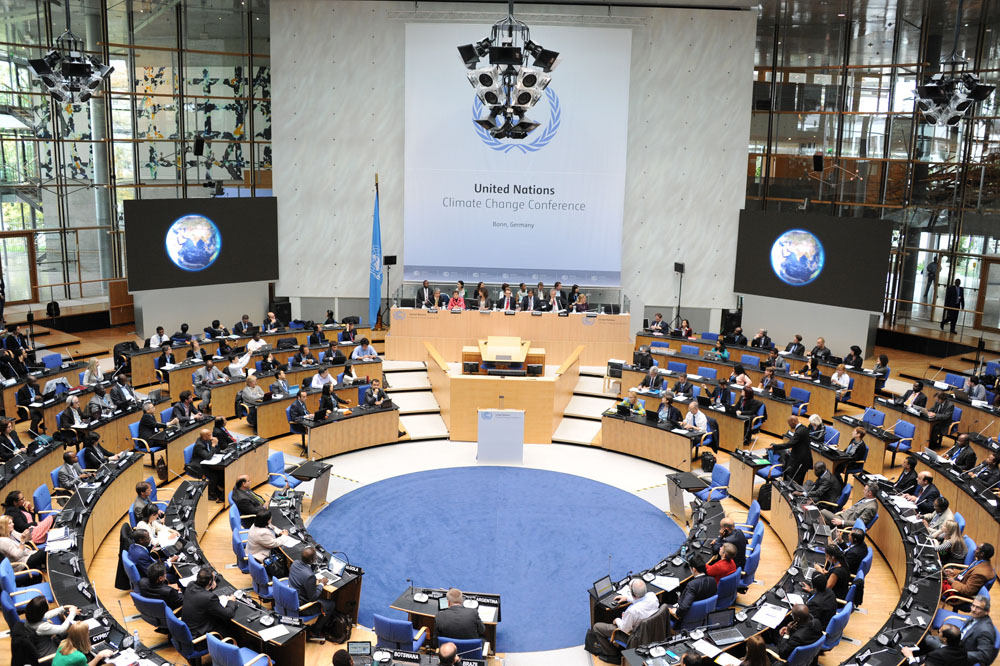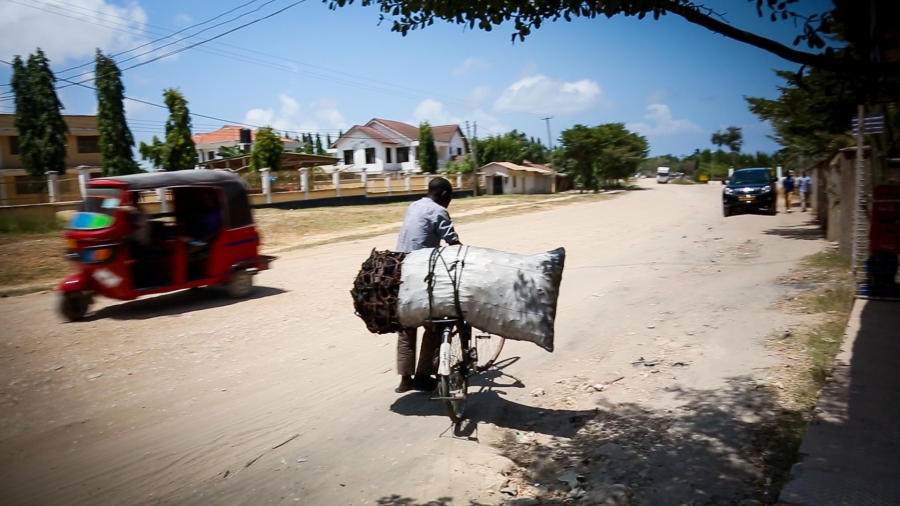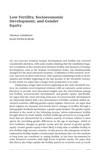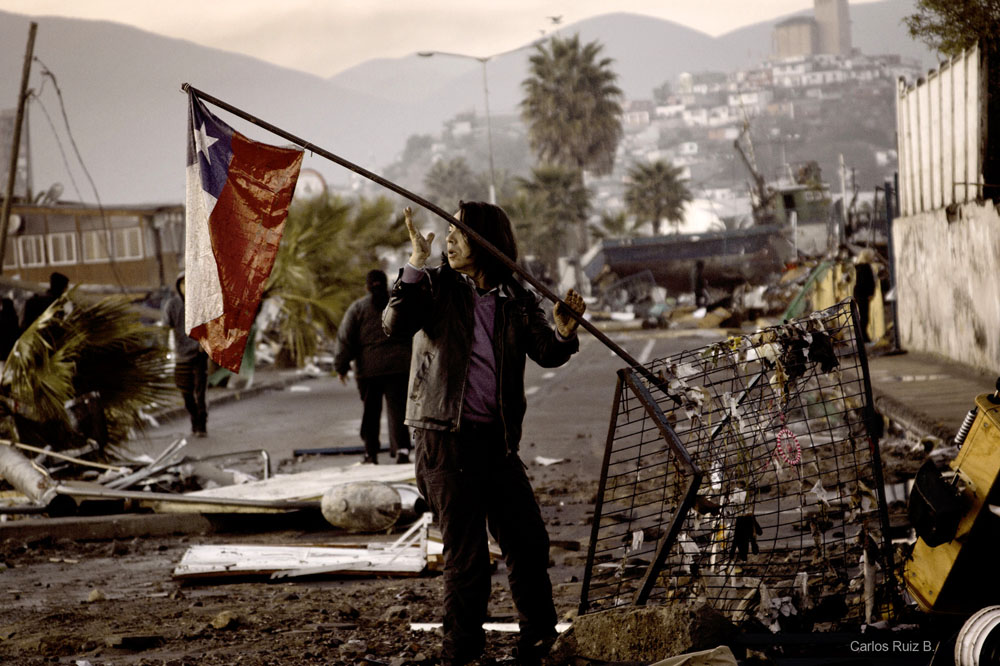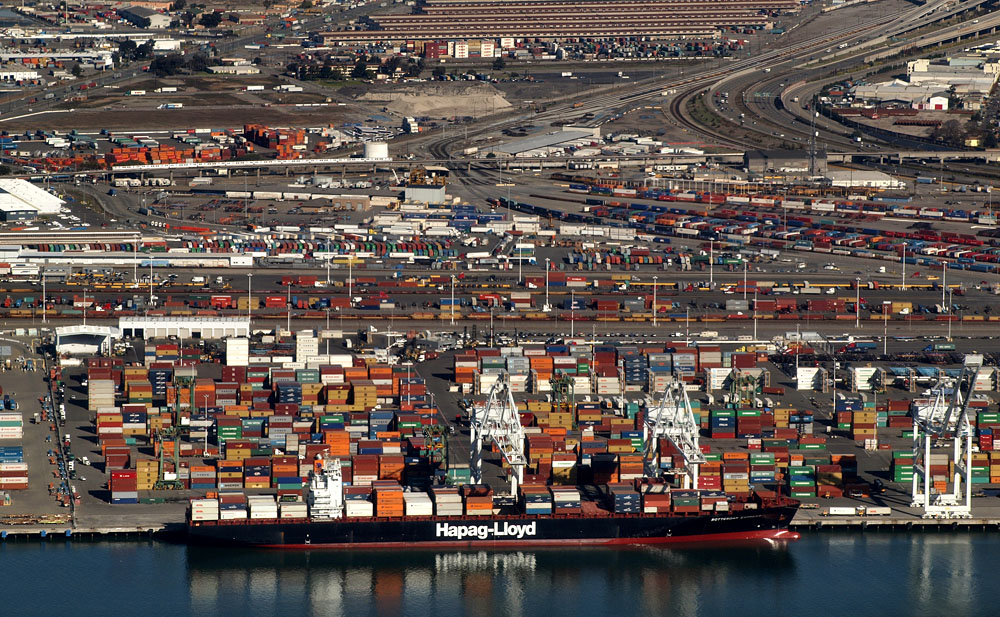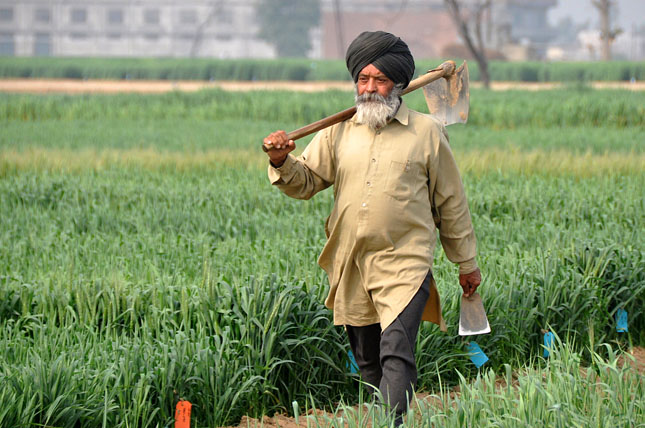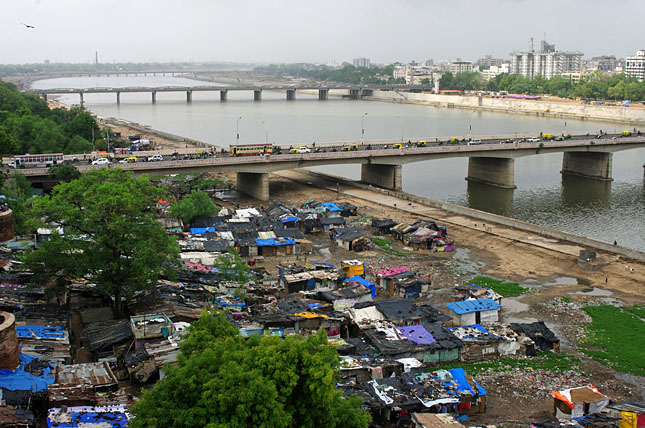-
Managing Expectations for the Paris Climate Conference and Beyond
›The focus of the global community on the outcomes of the Paris Conference of Parties (COP) to the UN Framework Convention on Climate Change (UNFCCC) in December is unprecedented. The world awaits, anticipating the details of an international and legally-binding agreement to address climate change. [Video Below]
-
Sam Eaton, PRI’s The World
Tanzania Tries to Turn Charcoal Trade From Enemy to Friend of the Forest
›October 28, 2015 // By Wilson Center Staff -
The “Gender-Equity Dividend,” and the Education Effect on Climate Change Adaptation and Mitigation
› By comparing “first wave” developing countries, like Sweden and the United States, to “second wave” developers, like South Korea and Japan, Thomas Anderson and Hans-Peter Kohler of the University of Pennsylvania seek to explain why countries that underwent socioeconomic development in the first half of the 20th century have slightly higher fertility levels than those that developed later. Despite “both sets of countries attaining high income and generally low fertility, contemporary gender norms and levels of gender equity differ between them,” write Anderson and Kohler in a new study in Population and Development Review.
By comparing “first wave” developing countries, like Sweden and the United States, to “second wave” developers, like South Korea and Japan, Thomas Anderson and Hans-Peter Kohler of the University of Pennsylvania seek to explain why countries that underwent socioeconomic development in the first half of the 20th century have slightly higher fertility levels than those that developed later. Despite “both sets of countries attaining high income and generally low fertility, contemporary gender norms and levels of gender equity differ between them,” write Anderson and Kohler in a new study in Population and Development Review. -
Rachel Stern, Thomson Reuters Foundation
Despite Rising Concern, Climate Change Often Put on Back Burner in Conflict Zones
›October 23, 2015 // By Wilson Center Staff
Barren barley and wheat fields stretch across the dry landscape of northern Afghanistan, the result of persistent drought and flash flooding that has left thousands of people facing food shortages and loss of work.
-
Growing Role of Armed Forces in Disaster Relief a Dangerous Trend for Latin America
› -
Soy What? How China’s Growing Appetite is Transforming the Port of Oakland
› -
Lisa Palmer, The Guardian
India’s Climate Tech Revolution Is Starting in its Villages
›October 16, 2015 // By Wilson Center Staff
Camels pulling wooden carts loaded with coconuts plod down the main road amid speeding motorcycles, buses, rickshaws, and cars. Farmers sit atop slow-moving oxcarts loaded with grasses and other cattle feed. In this region of central Gujarat, India, it appears that rural life has not changed for decades.
-
Evaluating Aid: Water Filters in Ahmedabad Leave Poor With No Good Options
›
When you shop for a new refrigerator or pair of shoes, where do you look for information about products? Do you log onto Amazon and read reviews? Check Consumer Reports for lab-verified results? Consult your neighbor or mom?
Showing posts from category environment.


